
Squid Game and Korean Law (4) – Shall VIPs be punished in Korea?
October 25, 2021
International Jurisdiction and Governing Law of International Divorce in Korea
January 26, 2022The Legal Procedure of Divorce
In the Republic of Korea, there are two types of divorce processes; divorce by agreement and judicial divorce. I’ll give you a brief account of the process of each type.
1. Divorce by Agreement
If a person intends to divorce by agreement, he or she shall file a report with confirmation of divorce of the Family Court having jurisdiction over the person’s place of registration or address: However, if the person does not reside in the Republic of Korea, such confirmation shall be made at the Seoul Family Court.
Each step of divorce by agreement in order is as follows;
(i) Fill out the form of confirmation of intention of divorce (“Form”);
(ii) Visit with your spouse the Family Court having jurisdiction over your place of registration or address (“Court”) and submit the Form to the Court. Each party’s family relation certificate and marriage relation certificate should be submitted;
If you have a minor child, submit an agreement of parental authority, child custody, visitation rights, and child support;
(iii) Have a cooling off period and reconsider divorce during the period. For a couple who does not have a minor child, cooling off period is one month. A couple who has a minor child will have three months cooling off period;
(iv) Attend the Court after the cooling off period and confirm the intention to divorce in front of the judge;
(v) The report of divorce shall be filed within three months from the date on which a certified copy of confirmation is issued or delivered by the Court (“Period”), attaching the certified copy of the confirmation thereto. Where the Period has elapsed, the confirmation by the family court shall be invalid;
2. Judicial Divorce
(1) Causes of Divorce
Please refer to the article on causes of divorce of Civil Act as follows;
Article 840 (Causes for Judicial Divorce)
Either husband or wife may apply to the Family Court for a divorce in each case of the following subparagraphs: <Amended on Jan. 13, 1990>
1. If the other spouse has committed an act of unchastity;
2. If one spouse has been maliciously deserted by the other spouse;
3. If one spouse has been extremely maltreated by the other spouse or his or her lineal ascendants;
4. If one spouse’s lineal ascendant has been extremely maltreated by the other spouse;
5. If the death or life of the other spouse has been unknown for three years;
6. If there exists any other serious cause for making it difficult to continue the marriage.
(2) Judicial Divorce
(A) Divorce Mediation
A person who intends to file a judicial divorce should file divorce mediation first. However, it is possible to file a divorce trial first without applying for the mediation if it is apparent that divorce will fail.
Divorce mediation process is as follows;
(i) File a petition for mediation for divorce, compensation, parental authority/child custody/child support/visitation rights/asset division to the Family Court having jurisdiction over your place of registration or address (“Court”);
(ii) The other party will be served the petition by the Court;
(iii) The other party will submit an answering brief to the Court;
(iv) You and the other party shall attend the court mediation. If you hire a lawyer, the lawyer can attend the court to represent you;
(v) The mediator will help you to negotiate the terms and the conditions of divorce and other issues;
(vi) If both parties reach an agreement on the terms and condition, the mediation will be completed;
(vii) Divorce shall be effective upon the completion of the mediation;
(viii) The mediation decree will be served to both parties;
(ix) The divorce shall be reported within one month from the date which the mediation decree is served.
(B) Divorce trial
If mediation fails, the case will be sent to the trial. Or it is possible to file a divorce trial without filing a divorce mediation if it is likely that mediation will fail.
The proceedings of divorce trial are as follows;
(i) File a complaint for divorce, compensation, parental authority/child custody/child support/visitation rights/asset division to the Family Court having jurisdiction over your place of registration or address (“Court”);
(ii) The other party will be served the complaint by the Court;
(iii) The other party will submit an answering brief to the Court;
(iv) You and the other party shall attend the court on the court dates to prove that your claims have grounds. If you hire a lawyer, the lawyer can attend the court to represent you;
(v) Family investigation is conducted if necessary;
(vi) The judge will review the case;
(vii) The judge will make a court decision;
(viii) The court decision will be served to both parties;
(ix) The divorce shall be reported within one month from the date which the court decision is served.
Related posts
Blog Articles
Contact Information
201, 160, Seochojungang-ro, Seocho-gu, Seoul, Republic of korea.
Phone: +82-2-535-1235
Mobile: 010 5349 1235
Fax: +82-2-536-1236
Email: [email protected]




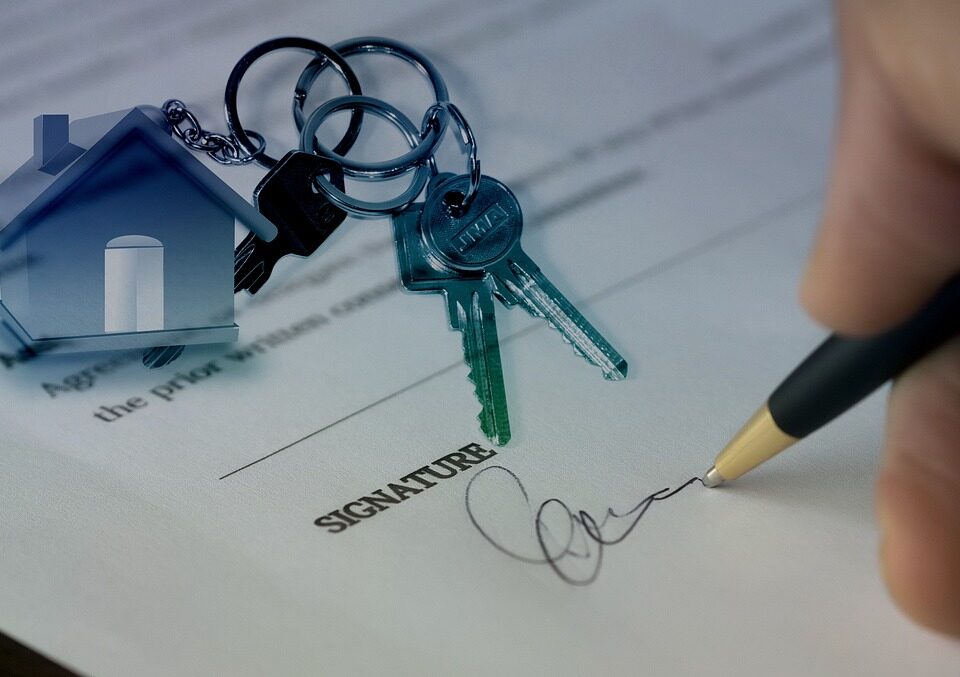






















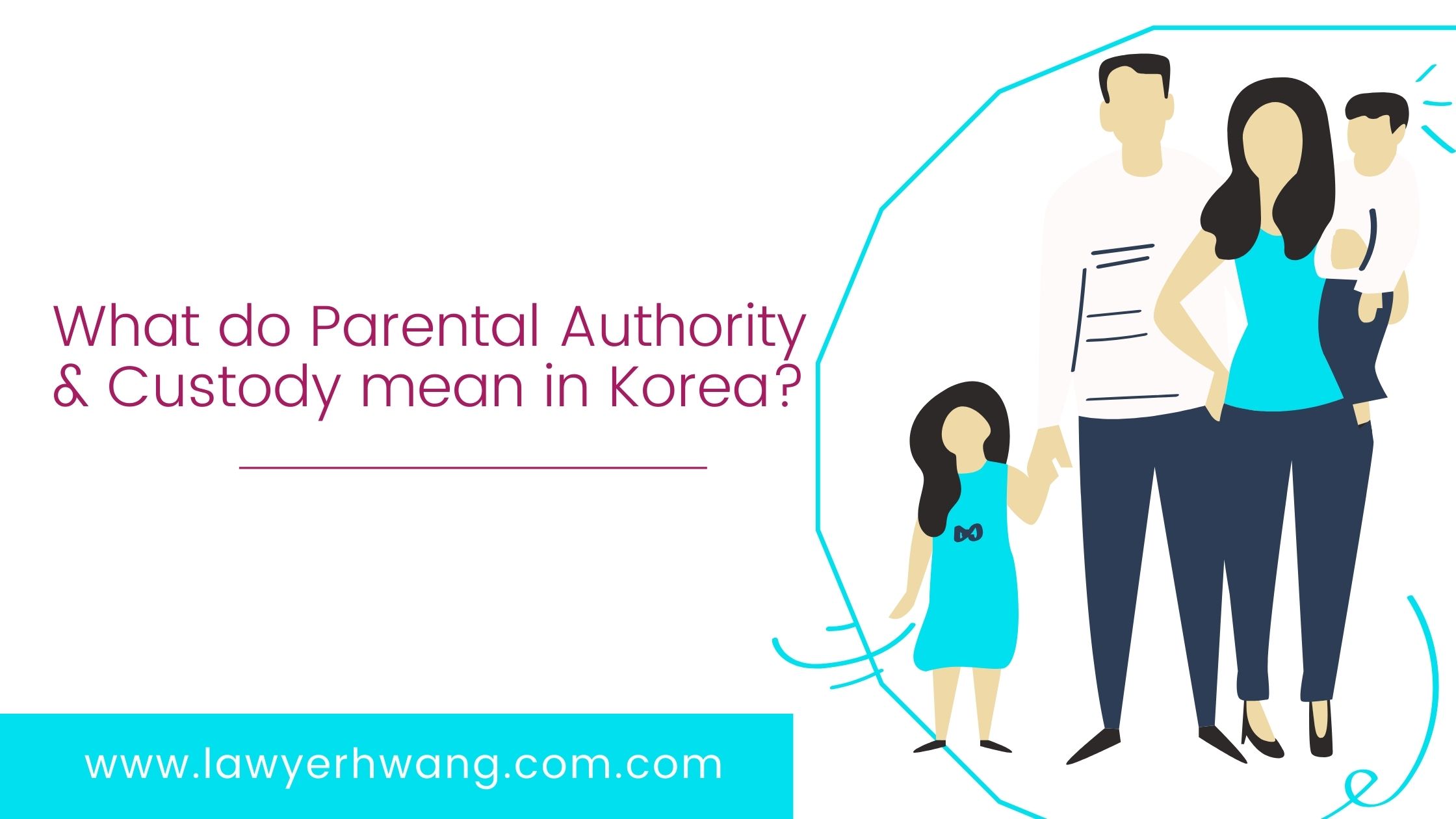



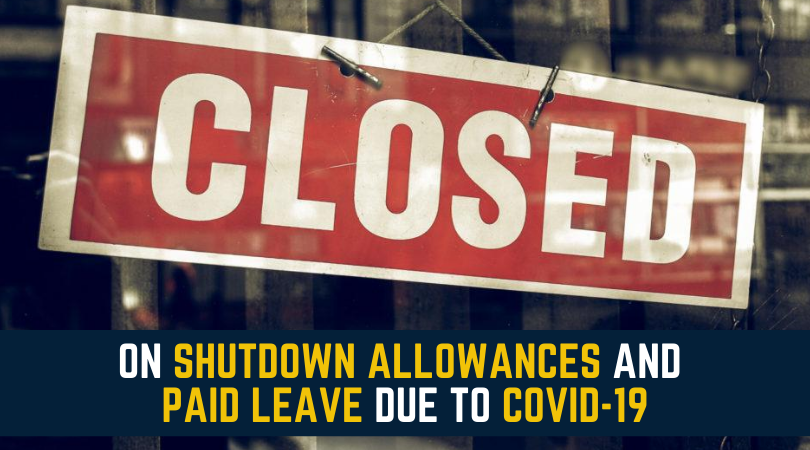
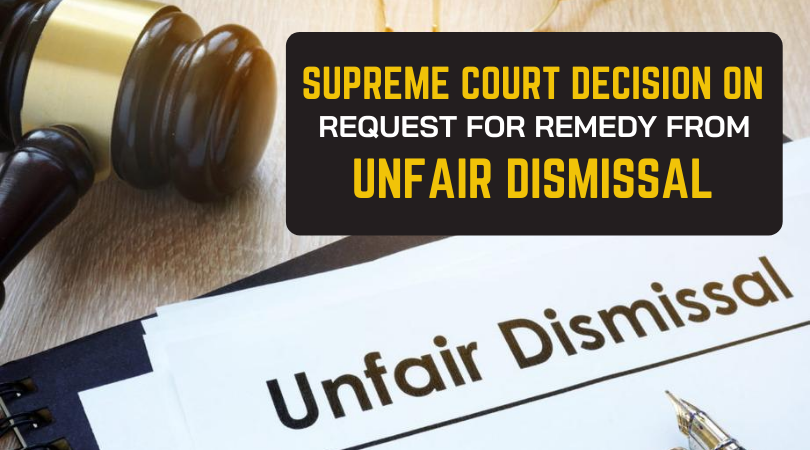
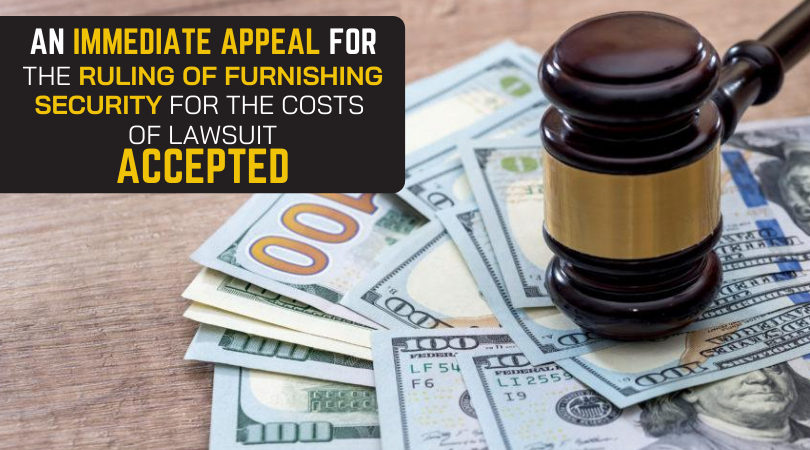
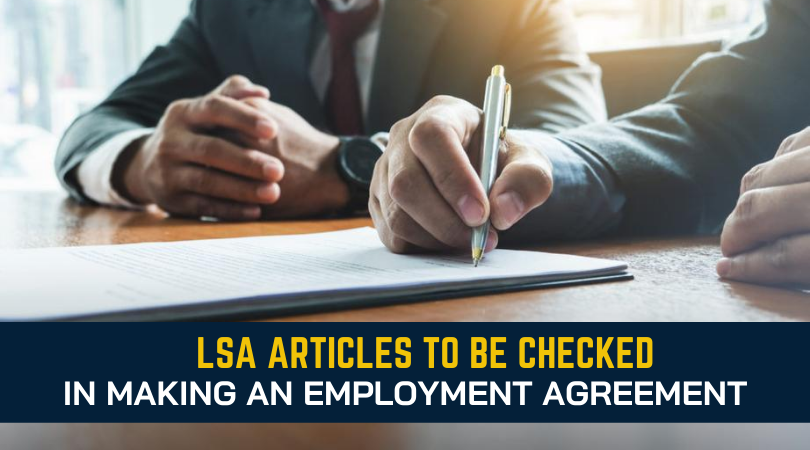
![[Supreme Court Decision – Criminal Law] – On Intent of Defamation](https://lawyerhwang.com/wp-content/uploads/2020/03/Supreme-Court-Decision-–-Criminal-Law-–-On-Intent-of-Defamation.png)
![[Supreme Court Decision – Criminal Law] – On Uploading a “Torrent File” of Obscene Videos](https://lawyerhwang.com/wp-content/uploads/2020/03/Supreme-Court-Decision-–-Criminal-Law-On-Uploading-a-“Torrent-File”-of-Obscene-Videos.png)






























